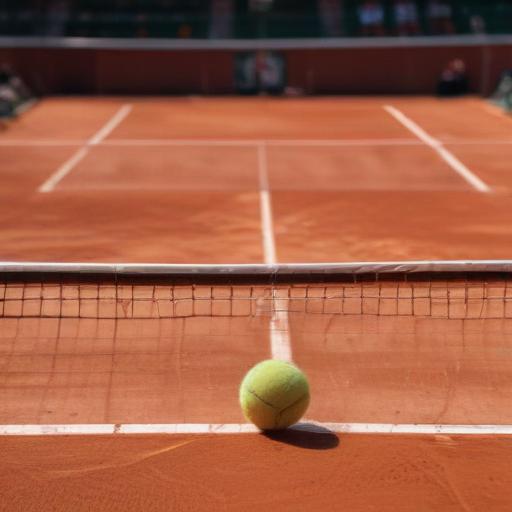Amélie Mauresmo, the tournament director for the French Open and former world No. 1 player, addressed criticism about the lack of women’s matches in night sessions at Roland Garros during a recent news conference. She firmly rejected claims that the absence of women in these slots indicates they are unworthy of prime-time play.
“It’s never been that the girls are not worthy to play at night,” Mauresmo asserted. She clarified that the scheduling decision stems from a contractual obligation with Amazon Prime, which mandates that only one match can be aired in the night session. Mauresmo emphasized that match length is a primary concern; three-set matches can conclude quickly, while five-set matches typically last longer.
Despite her assertions, this issue has drawn attention from top players like Coco Gauff and Ons Jabeur. Gauff, currently ranked No. 2, shared her thoughts on the importance of providing women’s matches the same prestige and visibility as their male counterparts. She pointed out that during her experiences at the U.S. Open, she often garnered significant audience excitement, suggesting that earlier starts or multiple matches could mitigate the current scheduling dilemma.
Jabeur, a three-time Grand Slam finalist, expressed disappointment at the ongoing disparity and highlighted the cyclical nature of visibility in women’s sports, stating that the lack of televised matches leads to diminished viewership.
Resolution of the situation remains complex, as Mauresmo indicated the logistics of attendance and TV viewership are vital considerations. With sold-out night sessions on Philippe-Chatrier, the FF’s choices are influenced by a variety of factors, including audience demographics and contractual stipulations.
The discussion underscores a broader conversation about female athletes in tennis, reflecting a hopeful future where women can receive equal representation and consideration in high-visibility events. Gauff’s suggestions for change, along with Jabeur’s critique of current practices, signal continued advocacy for women’s equality in sports, suggesting that change may be on the horizon as more voices are raised around these issues.
